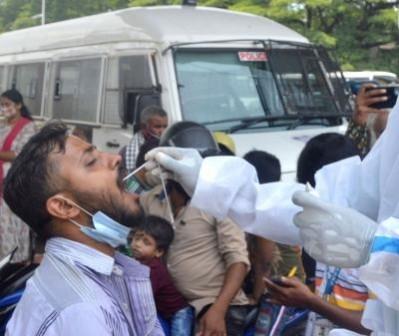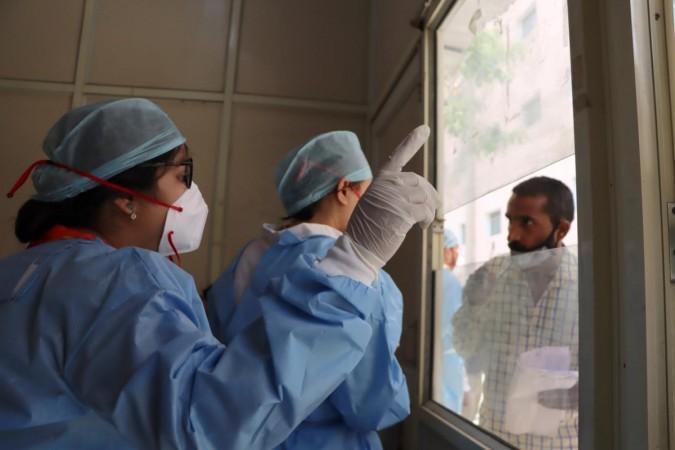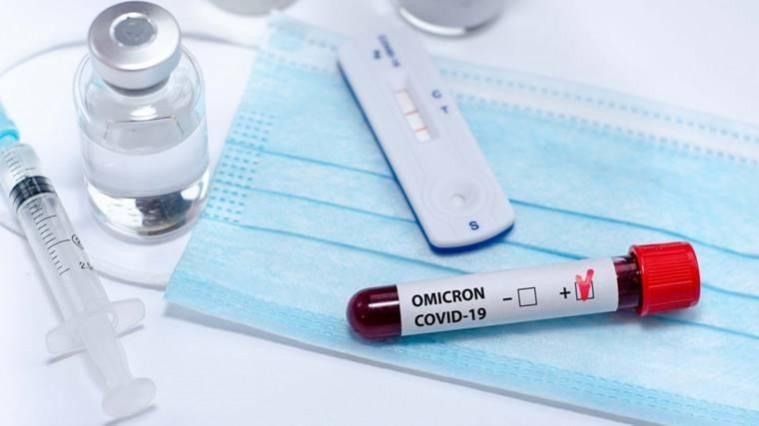
India's Union Health Ministry reported 605 new COVID-19 cases and four deaths in the last 24 hours, marking a continued decline in the country's active cases. The fatalities were reported from Kerala, Karnataka, and Tripura, adding to the overall death toll of 5,33,396 since the initial outbreak in January 2020. The country's total number of coronavirus cases has reached 4,50,18,739, with the number of active cases falling to 4,002 from Sunday's 4,049.
JN.1 variant emerges
Despite the declining numbers, the emergence of the new JN.1 sub-variant, a descendent of the Omicron subvariant known as BA.2.86 or Pirola, has raised concerns. Kerala was the first state to report a case of this new variant.
As of January 6, a total of 682 cases of the JN.1 variant have been reported from 12 states across the country, according to sources. The states affected include Kerala, Karnataka, Delhi, Gujarat, Maharashtra, Tamil Nadu, Rajasthan, Telangana, Odisha, and Haryana. The Indian SARS-CoV-2 Genomics Consortium (INSACOG) has been closely monitoring the situation.

Despite the emergence of the new variant, data suggests that the JN.1 variant is not causing a significant rise in new cases, hospitalizations, or deaths. The distribution of the JN.1 cases across the states is as follows: 199 cases in Karnataka, 148 in Kerala, 139 in Maharashtra, 47 in Goa, 36 from Gujarat, 30 each from Andhra Pradesh and Rajasthan, 26 in Tamil Nadu, 21 in New Delhi, three in Odisha, two in Telangana, and one in Haryana.
India's response
INSACOG's data revealed that 239 COVID cases in December 2023 and 24 in November 2023 were identified with the presence of the JN.1 variant. Despite the new variant, the overall recovery from COVID has reached over 4.4 crore individuals, reflecting a national recovery rate of 98.81 percent. The country has administered a total of 220.67 crore doses of COVID vaccines, as per the available data. The Indian Council of Medical Research (ICMR) reported that 11,838 doses of the vaccine had been administered in the country till January 7.
The World Health Organization (WHO) recently classified JN.1 as a variant of interest, distinct from its parent lineage BA.2.86. However, the global health body emphasised that the overall risk posed by JN.1 remains low based on current evidence. Both the central and state governments are keeping a close watch on the new Omicron subvariant JN.

As winter sets in, health experts are highlighting a sudden surge in viral infections, influenza, and COVID-19 cases. Dr. Nikhil Modi, a senior pulmonologist at Indraprastha Apollo Hospital, pointed out that the declining temperature leads to increased moisture in the air, low wind speed, and a rise in pollution, contributing to various infections.
In conclusion, the emergence of the JN.1 variant in India amidst declining COVID-19 cases underscores the dynamic nature of the pandemic. The situation calls for continued vigilance, adherence to safety measures, and ongoing research to understand and manage new variants. The country's response, marked by extensive vaccination and monitoring efforts, remains crucial in navigating this new phase of the pandemic.














